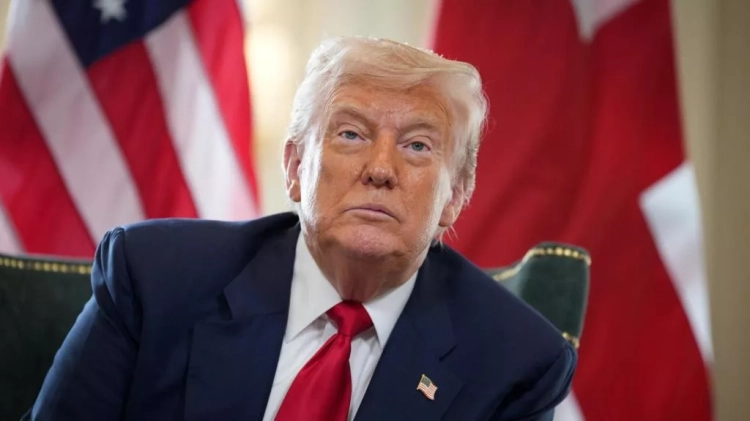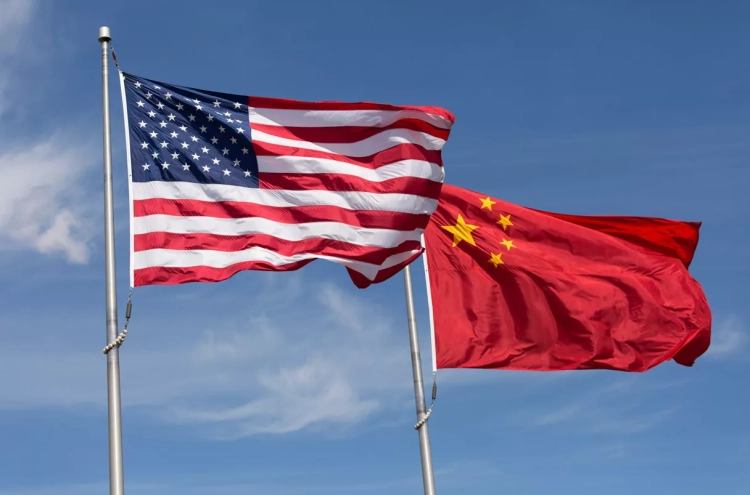
Malvenon claims that this is not paranoia or a fabrication: a real "sex war," as insiders call it, has erupted in Silicon Valley, where foreign intelligence services use cunning methods to obtain technological secrets from American experts.
The story recounted by Malvenon in an interview with The Times resembles a James Bond plot. Two attractive Chinese women attempted to gain access to a closed business conference in Virginia focused on the risks of investing in China. "We didn't let them in," the expert recounts, "but they had all the information about the event." This is a classic "honey trap," known for decades. However, American intelligence services do not use such tactics "by law and by culture," which gives adversaries a chance to gain "asymmetric advantage."
But there is an even more shocking story. A former counterintelligence officer revealed a tale about a "beautiful" woman from an aerospace company who married her American colleague. At first glance, this seems like a typical love story. However, an investigation uncovered strange circumstances. In her youth, she studied at a modeling academy, then took a course at a "soft power school" in her homeland, after which she disappeared for ten years. When she returned to the U.S., she was already... a cryptocurrency expert. Now she is trying to enter the upper echelons of the military-space innovation community. Her husband? "Has no idea at all." "Such long-term operations, including marriage and having children, are concerning, but they happen quite often," the source emphasizes.
Technological thefts amounting to $600 billion
According to U.S. authorities, annual losses from technology theft are around $600 billion. China is considered the main culprit. There are many examples: in 2023, Klaus Pflugbeil, a former employee of a company acquired by Tesla, attempted to sell battery technology secrets for $15 million. The sellers turned out to be undercover agents, leading to imprisonment.
But why steal when you can just ask? The new tactic involves organizing international "pitch competitions" for startups. The story of a CEO of a biotechnology company serves as a stark warning. At a competition in Shenzhen, he was forced to wear a microphone while officials followed him, probing for details about the technologies. He won $50,000, but the money was strangely transferred to a personal account rather than the company's account. Soon, federal funding for his firm in the U.S. was suspended — presumably due to ties with Asian investors. As a result, the business shut down.
Before the competition, participants are asked to disclose their business strategies, personal data, and intellectual property in exchange for prizes and investments, but with the condition of transferring developments to China.
Legal seizure of innovations
James Malvenon describes another strategy known as "drafting." Chinese venture funds deliberately invest in American startups that have already received funding from the U.S. Department of Defense. Once the share of foreign participation exceeds a certain threshold, the Pentagon can no longer support such a company. Innovations are effectively lost to American defense. The saddest part? This is not always illegal.
"Much of this isn't even illegal," experts note. China exploits "blind spots" in American legislation and corporate culture. One analyst characterized the situation as the "Wild West." In his opinion, U.S. counterintelligence is merely trying to keep up with the adversary, while China is waging a full-scale "economic war" aimed at startups, universities, and defense projects.
Now, instead of professional agents, ordinary citizens are becoming spies: investors, crypto analysts, businessmen, and scientists. Detecting a spy has become nearly impossible.
























